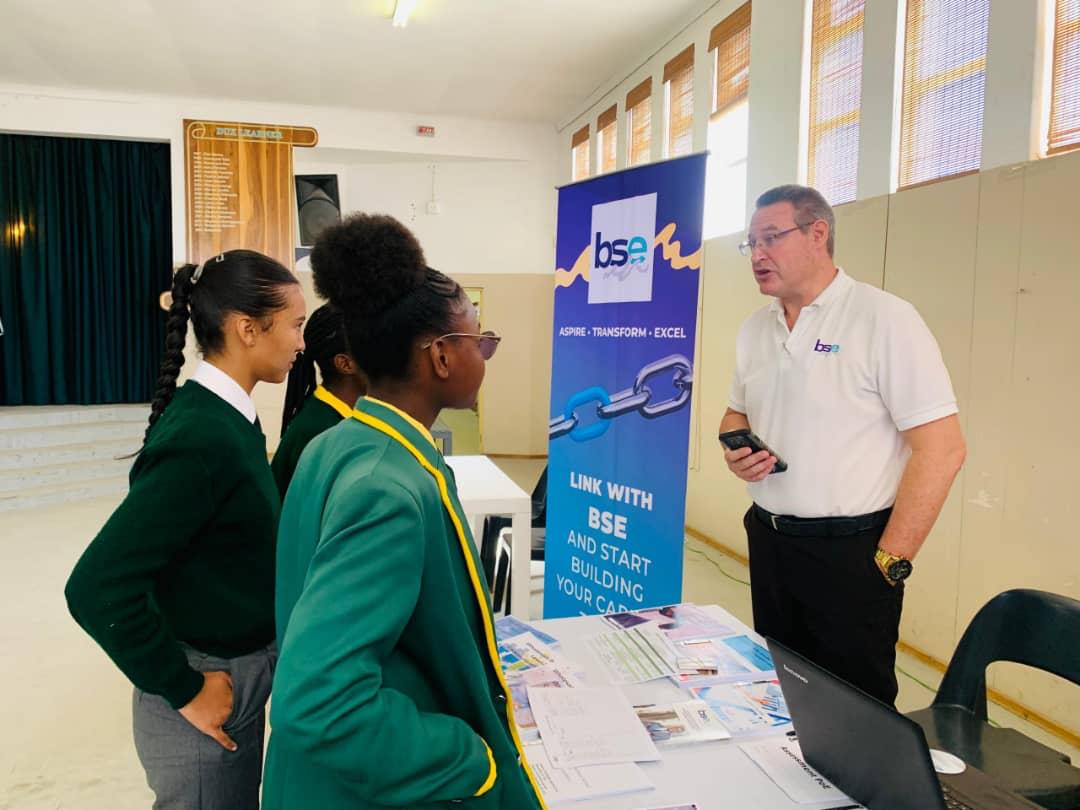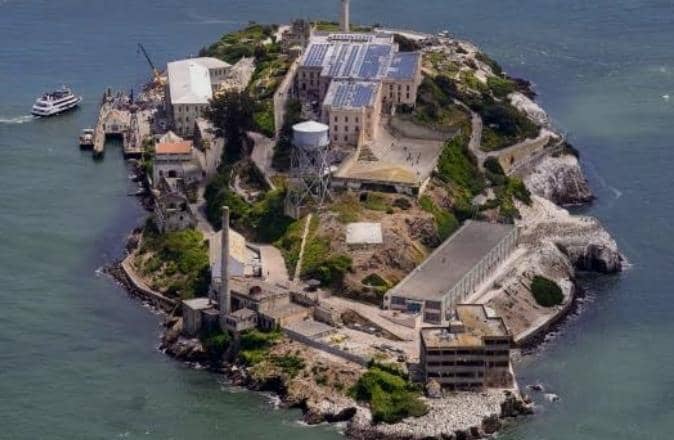PEOPLE often talk about economic independence, but do we know what it entails? Despite achieving national independence many years ago, nearly all sub-Saharan African countries are struggling for economic independence.
Most of Africa is plagued with war, poverty, disease and unemployment and is often referred to as the Third World as opposed to the First World – a tag reserved for the developed countries in the West. Although African countries are endowed with the majority of the world’s natural and mineral resources, the riches beneath the earth have failed to bring prosperity to the continent.Most of the continent’s resources are shipped out of Africa in their raw form whereas beneficiation and value-addition would benefit the African countries.With Namibia celebrating 18 years of Independence tomorrow, the question arises: Have we achieved economic independence yet or are we even on the right path? Team Namibia Manager Zita Torbin believes that Namibia is moving in the right direction towards gaining economic independence, as it has made strides in the production, marketing and selling of local goods and services.”Economic independence simply means that we have a growing economy not too reliant on any one other economy, moving in the direction of Vision 2030,” she said.Vision 2030 is a Government initiative which seeks to see Namibia established as an industrial and developed economy by 2030.Recently, Namibia has benefited from a surge in commodity prices and specifically uranium and gold, yet our industrial development still lags behind.Team Namibia believes more could still be done on that front, with local businesses using the country’s political stability, democracy and acceptable fiscal discipline to their advantage.Torbin is optimistic about Namibia’s progress, “We have succeeded in achieving local economic growth.We have a number of industries which are doing well in terms of growth and their contribution to GDP compared to the pre-independence era.”But even in the face of such optimism, many of the services in Namibia are still offered by South African corporates, be it in the banking sector or the food and clothing industries.South African shops, banks and supermarkets dominate the local trading.A walk along Independence Avenue in the centre of the capital will bear witness to the fact that South African shops, eateries, banks and companies line the main street.TESEF In this regard, Team Namibia and other organisations like the Namibia Manufacturers’ Association are currently advocating for the voice of the consumer and voice of the value-adding sector to be heard, and negotiating for local preference.”Our Transformational Economic and Social Empowerment Framework (TESEF) policy, which is currently being developed under the guidance of the Office of the Prime Minister, is aimed at addressing that challenge,” says Torbin.Local producer Twapewa Mundjanima-Kadhikwa, owner of Pewa Cosmetics, subscribes to the notion that the situation is improving and producers like herself can now acquire shelf space in some of the big retail outlets.She says the major problem is that local producers are often unaware of the strict procurement compliancy tests and rules one has to adhere to in order for the major shops to buy their products.Mundjanima-Kadhikwa supplies her products to selected Spar, OK and Woermann Brock outlets and urges her fellow producers to up production and produce quality goods in order to compete with South African and other imported material for shelf space.Team Namibia comments on this issue: “If there is something that Namibia can be proud of it is the quality of its products although we only have a few compared to other countries such as South Africa.Our beef is highly competitive globally, so is our beer, dairy products, plastic products, grapes, and so on.We are confident that Namibia can and does already produce quality products and services which can compete with South African or any other products for that matter.”Torbin says her organisation is all about promoting local products and consumers need to actively make the choice to buy Namibian when the price and quality are on par to those South African brands that compete in our market.Finally, Team Namibia believes productivity in Africa is very much a function of training, training and more training.The initial step towards full economic independence starts with African governments focusing on education and training, which should result in a well-trained workforce and professionals.Although African countries are endowed with the majority of the world’s natural and mineral resources, the riches beneath the earth have failed to bring prosperity to the continent.Most of the continent’s resources are shipped out of Africa in their raw form whereas beneficiation and value-addition would benefit the African countries.With Namibia celebrating 18 years of Independence tomorrow, the question arises: Have we achieved economic independence yet or are we even on the right path? Team Namibia Manager Zita Torbin believes that Namibia is moving in the right direction towards gaining economic independence, as it has made strides in the production, marketing and selling of local goods and services.”Economic independence simply means that we have a growing economy not too reliant on any one other economy, moving in the direction of Vision 2030,” she said.Vision 2030 is a Government initiative which seeks to see Namibia established as an industrial and developed economy by 2030.Recently, Namibia has benefited from a surge in commodity prices and specifically uranium and gold, yet our industrial development still lags behind.Team Namibia believes more could still be done on that front, with local businesses using the country’s political stability, democracy and acceptable fiscal discipline to their advantage.Torbin is optimistic about Namibia’s progress, “We have succeeded in achieving local economic growth.We have a number of industries which are doing well in terms of growth and their contribution to GDP compared to the pre-independence era.”But even in the face of such optimism, many of the services in Namibia are still offered by South African corporates, be it in the banking sector or the food and clothing industries.South African shops, banks and supermarkets dominate the local trading.A walk along Independence Avenue in the centre of the capital will bear witness to the fact that South African shops, eateries, banks and companies line the main street.TESEF In this regard, Team Namibia and other organisations like the Namibia Manufacturers’ Association are currently advocating for the voice of the consumer and voice of the value-adding sector to be heard, and negotiating for local preference.”Our Transformational Economic and Social Empowerment Framework (TESEF) policy, which is currently being developed under the guidance of the Office of the Prime Minister, is aimed at addressing that challenge,” says Torbin.Local producer Twapewa Mundjanima-Kadhikwa, owner of Pewa Cosmetics, subscribes to the notion that the situation is improving and producers like herself can now acquire shelf space in some of the big retail outlets.She says the major problem is that local producers are often unaware of the strict procurement compliancy tests and rules one has to adhere to in order for the major shops to buy their products.Mundjanima-Kadhikwa supplies her products to selected Spar, OK and Woermann Brock outlets and urges her fellow producers to up production and produce quality goods in order to compete with South African and other imported material for shelf space.Team Namibia comments on this issue: “If there is something that Namibia can be proud of it is the quality of its products although we only have a few compared to other countries such as South Africa.Our beef is highly competitive globally, so is our beer, dairy products, plastic products, grapes, and so on.We are confident that Namibia can and does already produce quality products and services which can compete with South African or any other products for that matter.”Torbin says her organisation is all about promoting local products and consumers need to actively make the choice to buy Namibian when the price and quality are on par to those South African brands that compete in our market.Finally, Team Namibia believes productivity in Africa is very much a function of training, training and more training.The initial step towards full economic independence starts with African governments focusing on education and training, which should result in a well-trained workforce and professionals.
Stay informed with The Namibian – your source for credible journalism. Get in-depth reporting and opinions for
only N$85 a month. Invest in journalism, invest in democracy –
Subscribe Now!










